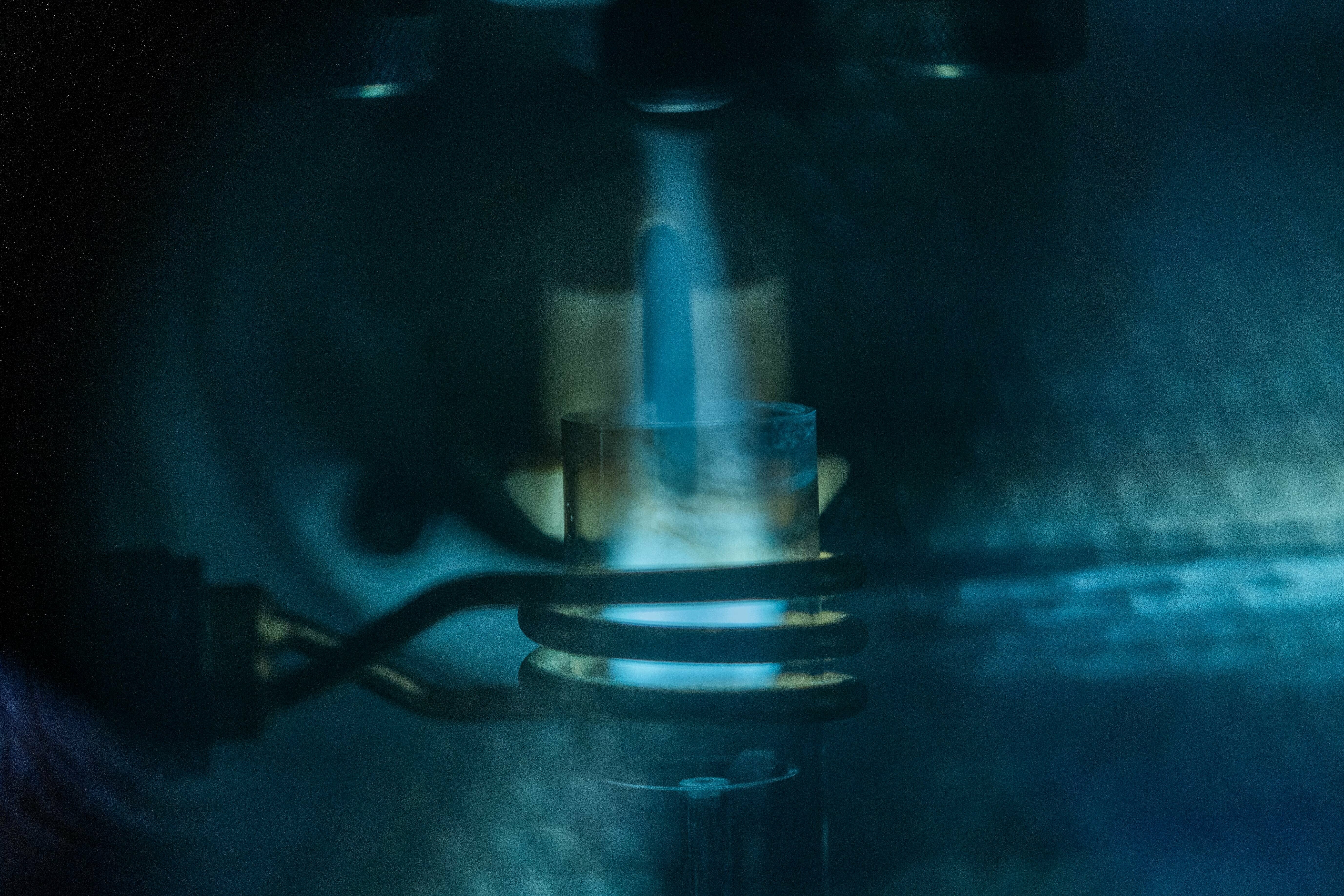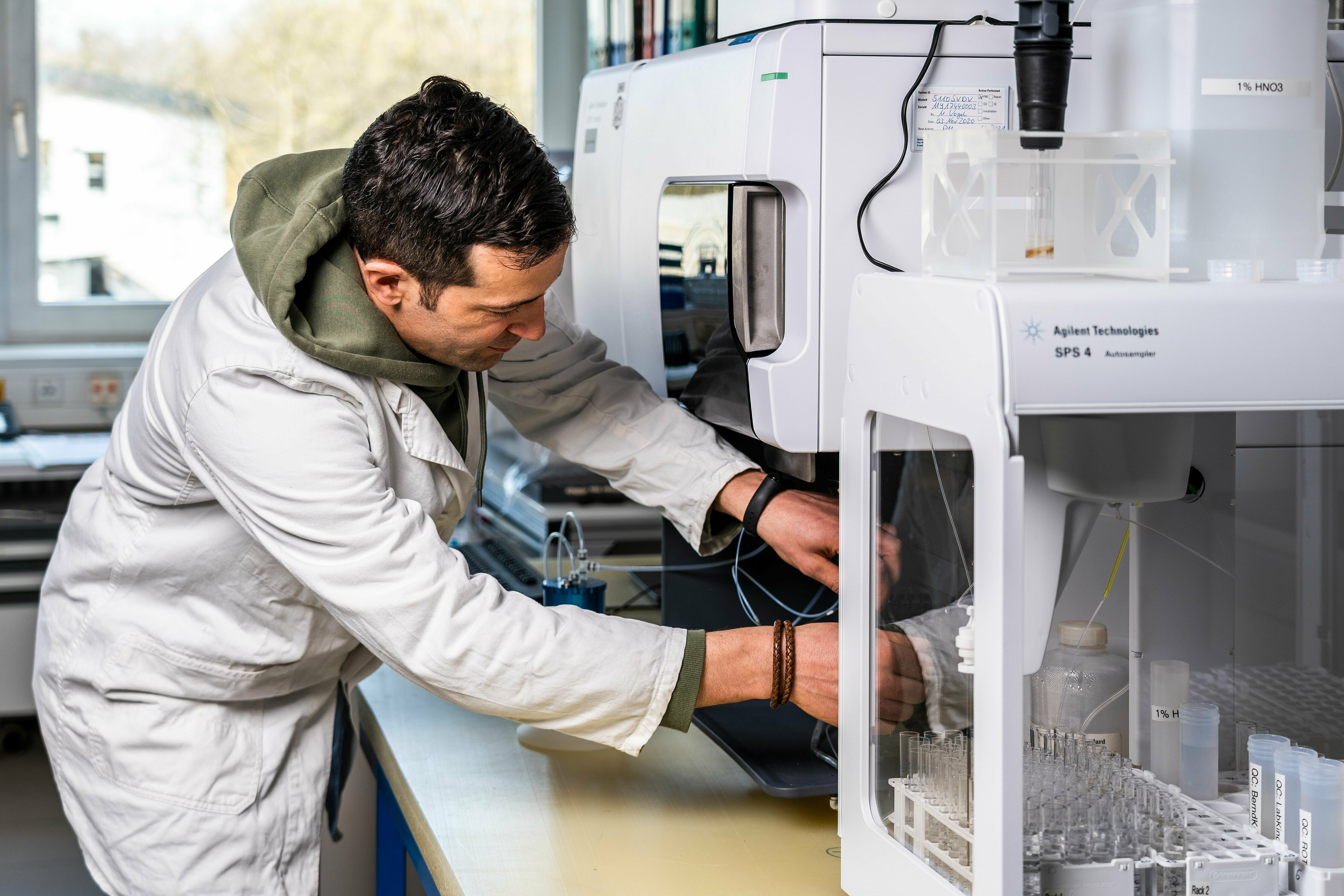

Water analytics
To optimize and evaluate the effectiveness of water treatment processes water constituents and properties must be determined. A range of methods are used to analyze water samples.
The DVGW supports the gas and water industry in all technical and scientific areas. The main focus of the Association’s work is on safety and hygiene as well as environmental and consumer protection. The DVGW elaborates technical rules designed to promote the technical self-management of the German gas and water industry, thus ensuring the safe and secure supply of gas and water according to the highest international standards. The Association, which was founded in 1859, currently has approximately 14,000 members. The DVGW is free from economic and political influences.
www.dvgw.de/english-pages

To optimize and evaluate the effectiveness of water treatment processes water constituents and properties must be determined. A range of methods are used to analyze water samples.

The DVGW research center at EBI uses high-resolution chromatographic and spectrometric methods to determine the presence and concentration of substances present in water, down to the trace level range. IC and ICP-OES are applied to determine anions, cations and elements in general. HPLC MS/MS and GC MS are used to detect anthropogenic organic trace contaminants (e.g. antibiotics, pharmaceuticals) as well as additional organic substances, which are generated during water treatment and in biological processes (e.g. disinfection by-products, organic acids).
The standard methods for identifying group of substances (sum-parameters) (e.g. TOC, DOC, TC, TN, CSB, BSBn, AOX, TSS, oTS, methane formation potential) are also available.
The research center is particularly experienced in the advanced characterisation of organic substances, in drinking water treatment, wastewater treatment as well as in other chemical and biological treatment processes. The combination of size-exclusion chromatography with organic carbon, UV, fluorescence and nitrogen detection allows (organic) substances to be separated into different fractions. At the same time, fluorescence spectroscopy can be used to evaluate the excitation emission matrix (EEM) of water samples constituents.
Methods for characterization of surfaces (e.g. ATR-FTIR, contact angle measurement, surface charge/zeta potential measurement) support the targeted development of membrane processes.
Our expertise for your questions